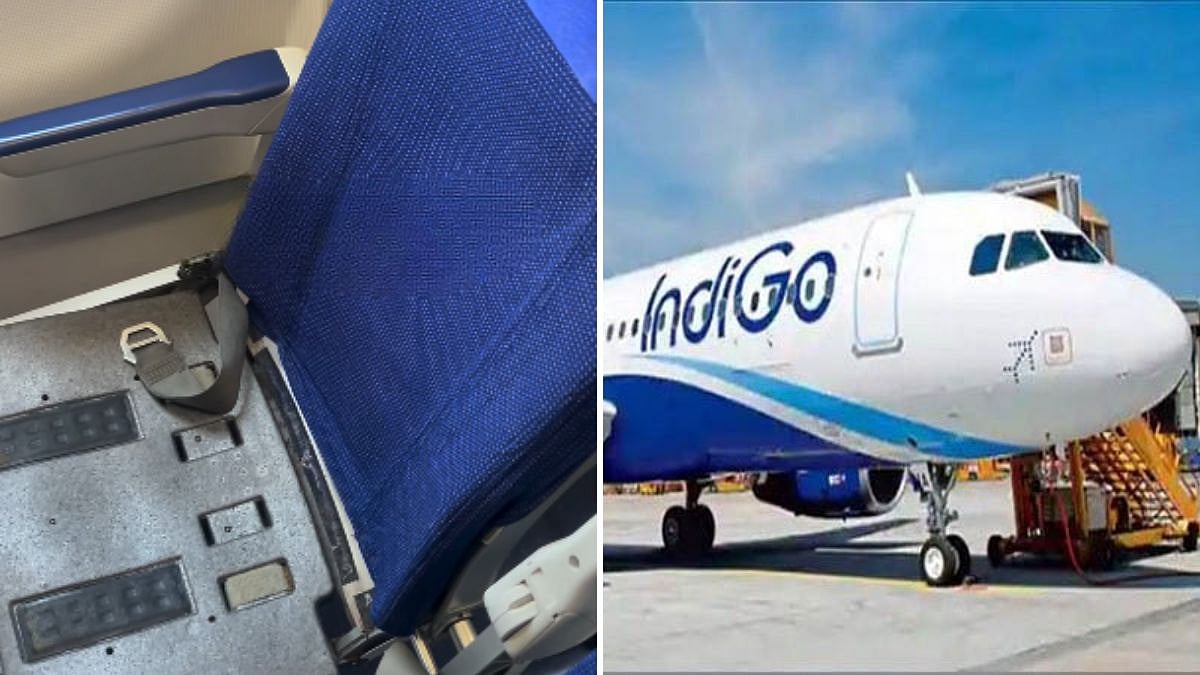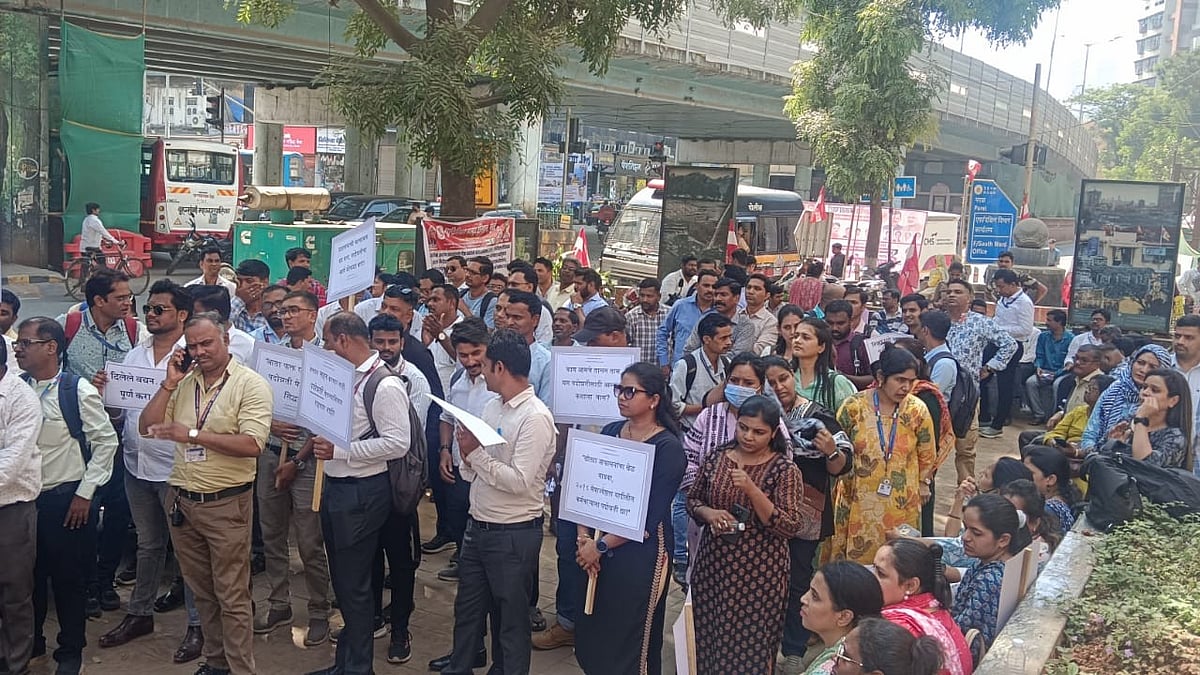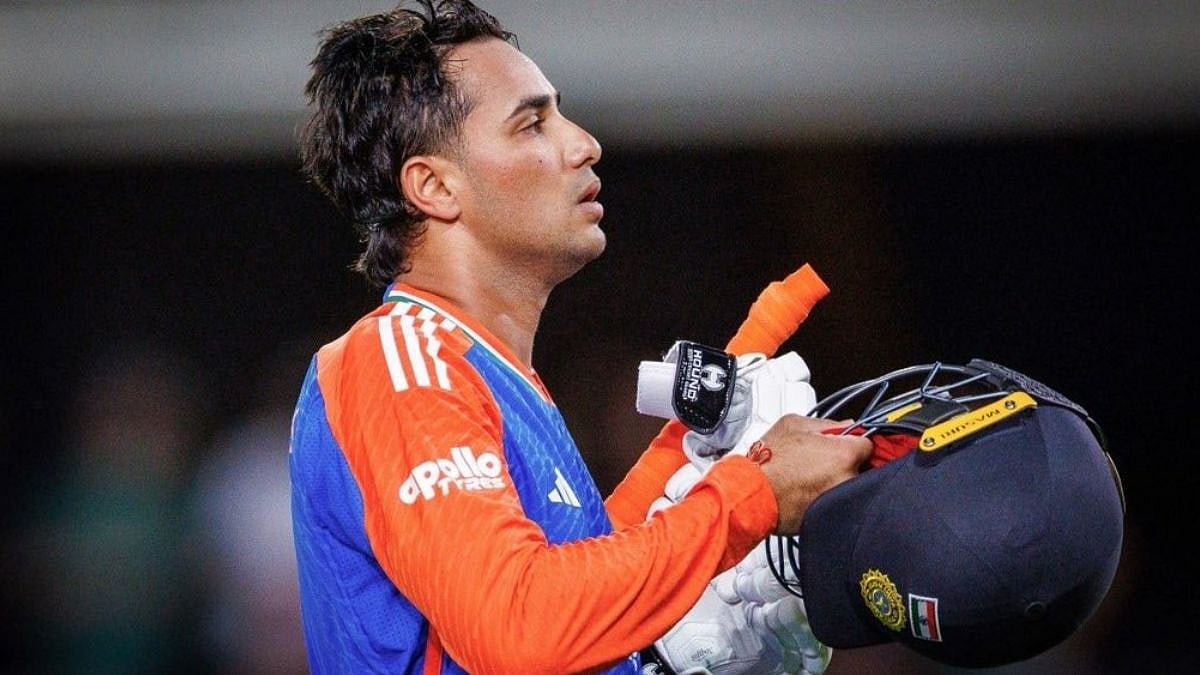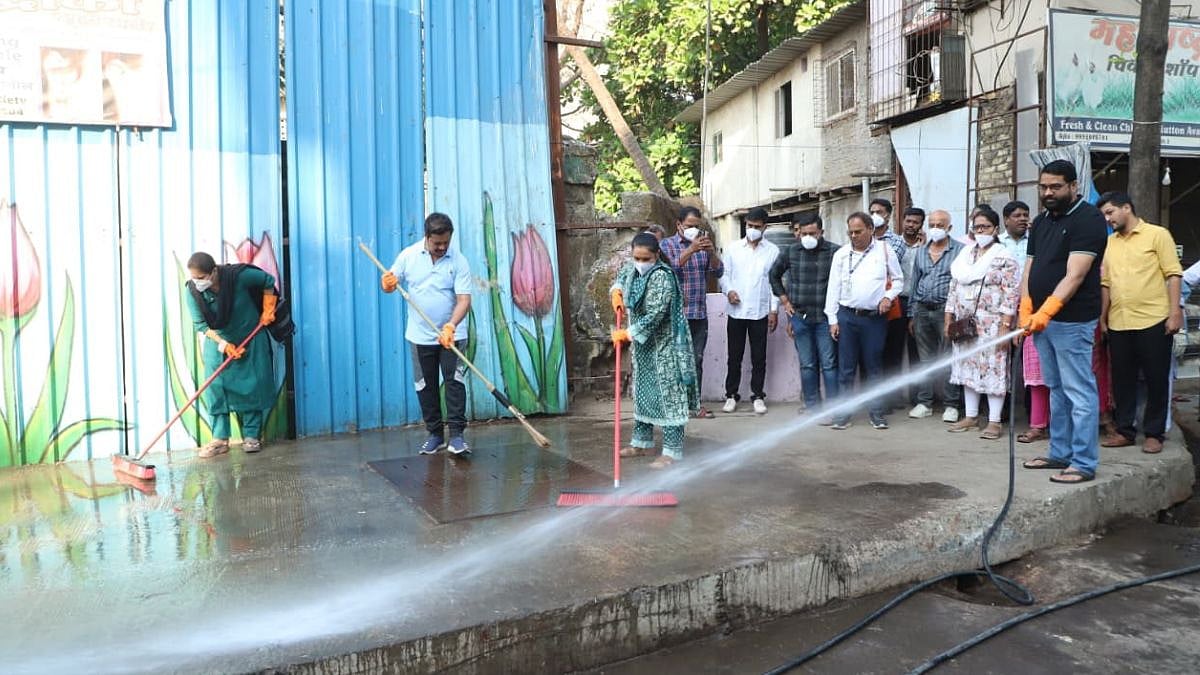In his book Early Indians: The Story of Our Ancestors and Where We Came From, the journalist Tony Joseph traces the journey of homo sapiens 65,000 years ago from Africa to the Indian subcontinent. Human history is a chronicle of migration of populations, brought home to us vividly in recent days by the newly appointed Prime Minister of Great Britain, Rishi Sunak. Apart from the country he is now settled in, four other countries in Asia and Africa can lay claim to association with him and his family. With the nation state being a concept of fairly recent origin, it would not be an exaggeration to say that we are all, in the ultimate analysis, migrants, though the migration may have taken place at different times in the past.
Success has many fathers, never truer than when claiming past association with a Prime Minister. The same yardstick does not apply when the migrant is seen as a burden on the country’s resources. It may seem rather ironic that Suella Braverman, the British Home Secretary, herself a child of Asian-origin migrants to Britain, should advocate a strong policy to check immigration. But then that is how the cookie crumbles: the so-called “free world” of Western Europe and America espouses, by and large, free trade in goods, services and capital, but draws the line in extending this dispensation to human flows.
Independent India has been no stranger to local hostility towards migrant populations. The decades-old Assamese concern with migrants, the anti-Tamil sentiments that are evoked in the Kannadiga populace on emotive issues like the sharing of Cauvery waters and the stoking of resentments against first, South Indians and more recently, migrant labour from Bihar and Uttar Pradesh, to harvest political capital in Maharashtra are still fresh in our memories. Such situations lead one to question what exactly one’s identity is, at a juncture in history when populist efforts are being made to fit an individual into the pigeonhole of a single categorisation based on ethnicity, religion, language, gender, etc.
Many of us born in India in the years immediately following Independence constitute what I would term an “intra-Indian diaspora”. My father and his brothers, like many other educated middle-class persons, moved out of Tamil Nadu to seek employment opportunities in the civil services of the newly established Union Government: their proficiency in English and their capacity for hard work enabled them to rise through the ranks. Delhi was still then, in some respects, an alien land – migrants from the Southern states were pejoratively termed ‘Madrasis’.
The first-generation migrants to the North sought to give their children a sound education, often in missionary or elite schools, motivated probably by the aim to develop in them self-confidence to thrive in competitive and alien environments. The institutions of higher learning in Delhi (and other locations in India) imparting education in medicine, engineering, management, humanities and the physical sciences constituted a “salad bowl” where students from all over India spent five or more years together. Lifelong friendships blossomed among people from different regions of India and varying socio-economic backgrounds. Identities tended to merge and, though regional groupings did not disappear completely, a spirit of bonhomie and camaraderie developed among individuals from vastly dissimilar backgrounds.
These traits, developed in the formative years in university, continued when individuals entered the next phase of their lives. From personal experience, I can vouch for the enriching experience of serving in a state, the language and culture of which I had scant knowledge of. The warmth with which the inhabitants of the state welcomed me and shared their joys and sorrows gave me the feeling that I had found a second home. Equally remarkable are the relationships that develop with different regions through marriage. If I take my own case, a person of Tamil origin brought up in Delhi is now settled in Maharashtra. His spouse is a person of Kannadiga origin hailing from Andhra Pradesh and educated in Puducherry, a Tamil-speaking territory. Even more interesting is the fact that her maternal grandfather worked in Madhya Pradesh while my father served many years in Odisha and Manipur.
Geographical mobility is influenced by the availability of avenues for social and economic advancement. International and intranational variations in income-earning opportunities serve as ‘push’ and ‘pull’ factors drawing populations towards growth areas, generally in and around big cities. A recent phenomenon has been the influx of Syrian refugees into Europe, occasioned by the humanitarian crisis in that country. This and other migrations have been at the heart of recent discontent in the United Kingdom and Western Europe. Countries and regions that welcome cheap labour — to man their factories and undertake tasks that the local population is either unwilling or ill-equipped to handle — change their tune once the manpower demand has been met or the local population feels threatened by the perceived loss of job opportunities, and impose entry barriers on manpower.
Maturity lies in realising that, in one sense or the other, we are all migrants in our current locations. The two largest democracies in the world bear testimony to this simple truth. Over the last four centuries, since the arrival of the Pilgrim Fathers in Plymouth, Massachusetts, the United States of America has been home to settlers of various nationalities and ethnicities. India has seen a continuous inflow of migrants from West and Central Asia from the pre-Christian era onwards. Citizens of both these countries would do well to remember that their ancestors, who were often fleeing persecution in other regions of the world, were assimilated into their new countries. The Constitution of India expresses this sentiment forcefully through Article 15, which forbids the state from discrimination against any citizen on grounds of religion, race, caste, sex and/or place of birth. We humans, who do not choose our place of entry or exit from this world, should hum these lines from the 1970s Hindi movie Parichay, penned by the lyricist Gulzar:
Musafir hoon yaaron, na ghar hai na thikana,
Mujhe chalte jaana hai, bas chalte jaana.
The writer is a retired IAS officer of the Maharashtra cadre




